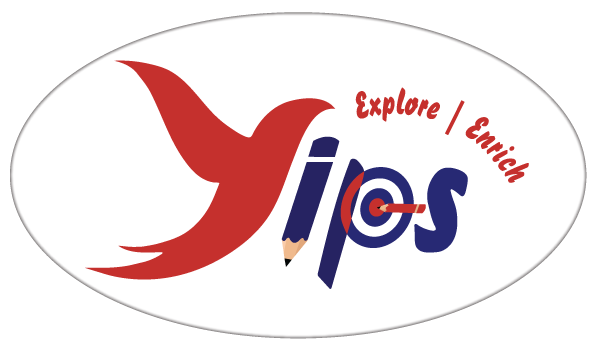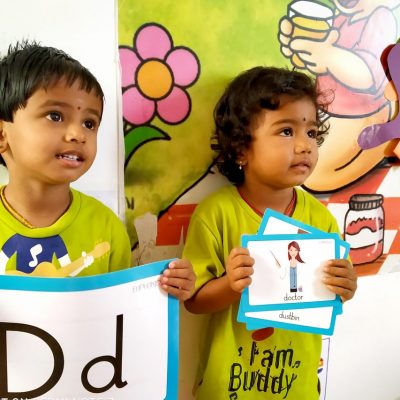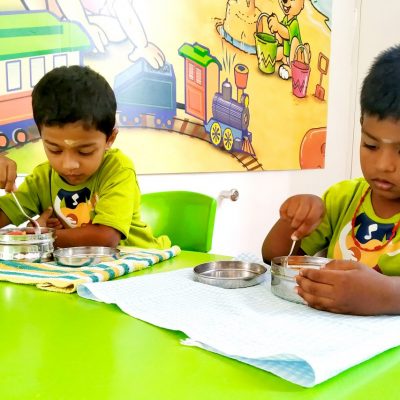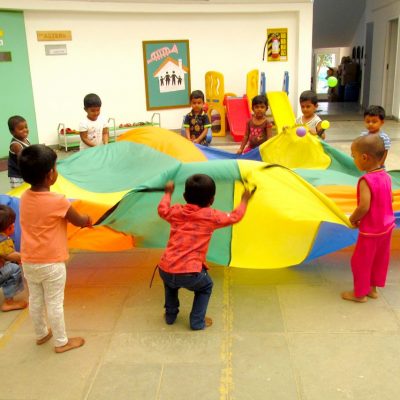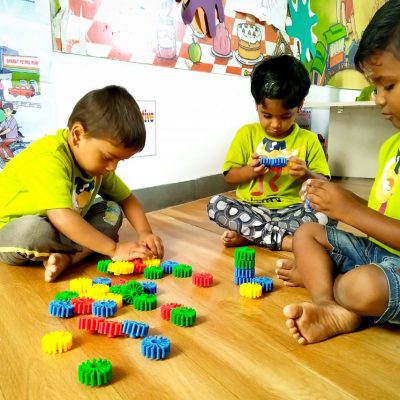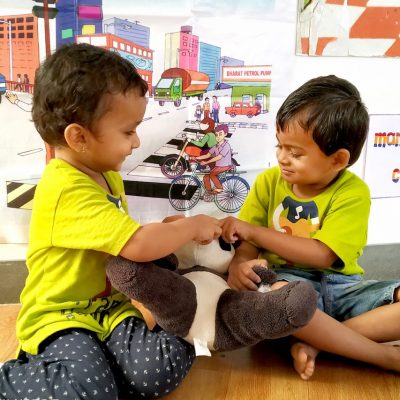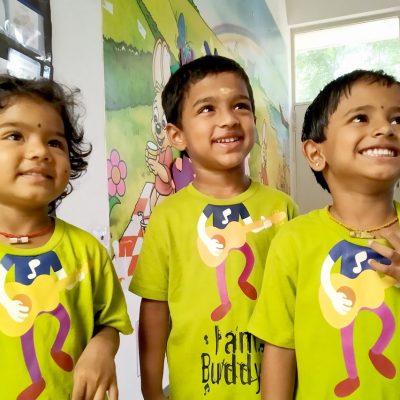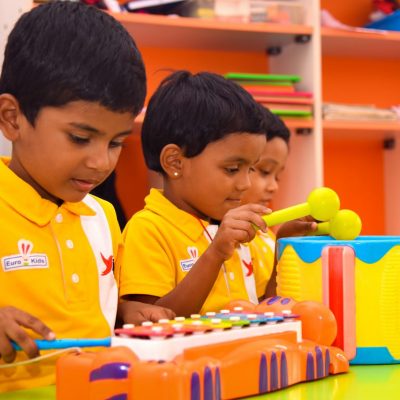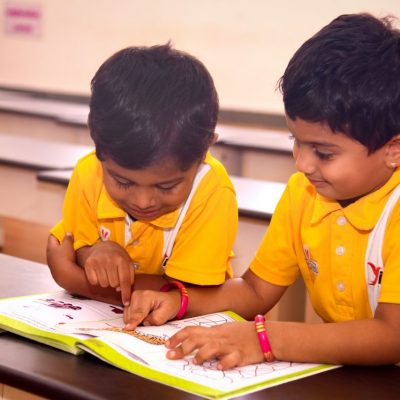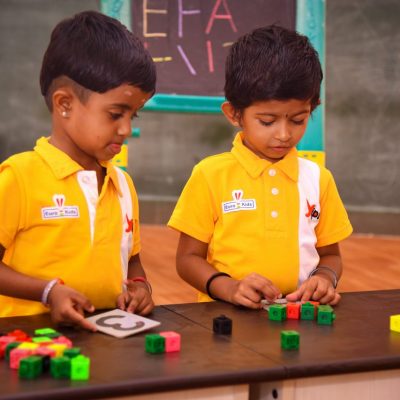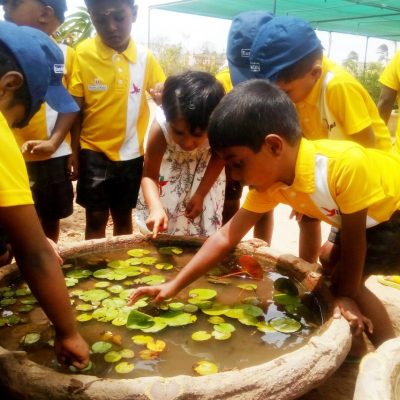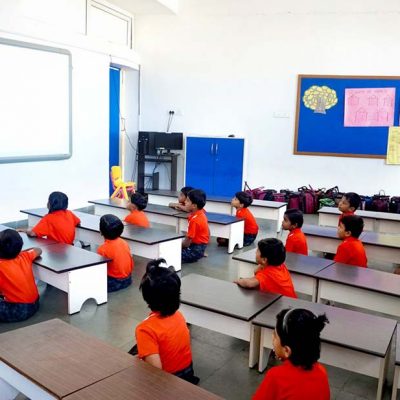Kindergarten
Nursery
Euro Junior
Euro Senior
Nursery
Just when the Child Starts Exploring the World, when Toddlers Start To walk . @YIPS we help Nurture the Young Toddler Brain
At this budding stage feelings of love and protection are nurtured to make the toddlers feel at ease and comfort. Each child must feel happy and excited to come to school with a motivation to explore and understand their environment.
Euro Junior
LKG
At this stage children do what they love while understanding the thin line that separates right from wrong. They gradually come out from their secured shelter and start to socialize.
The highly developing toddler brain is stimulated through exploratory and hands-on activities which can develop cognition, language and psychomotor skills.
Euro Senior
